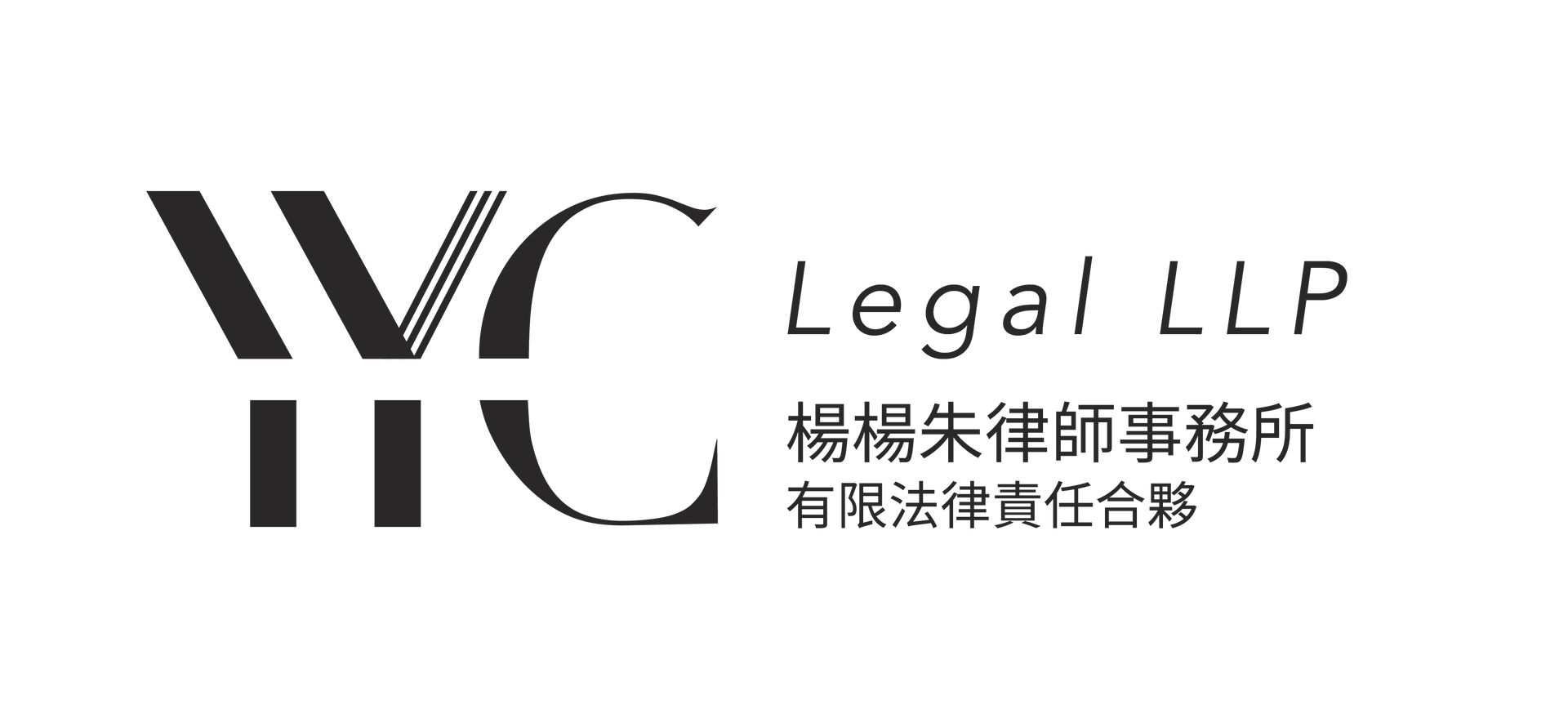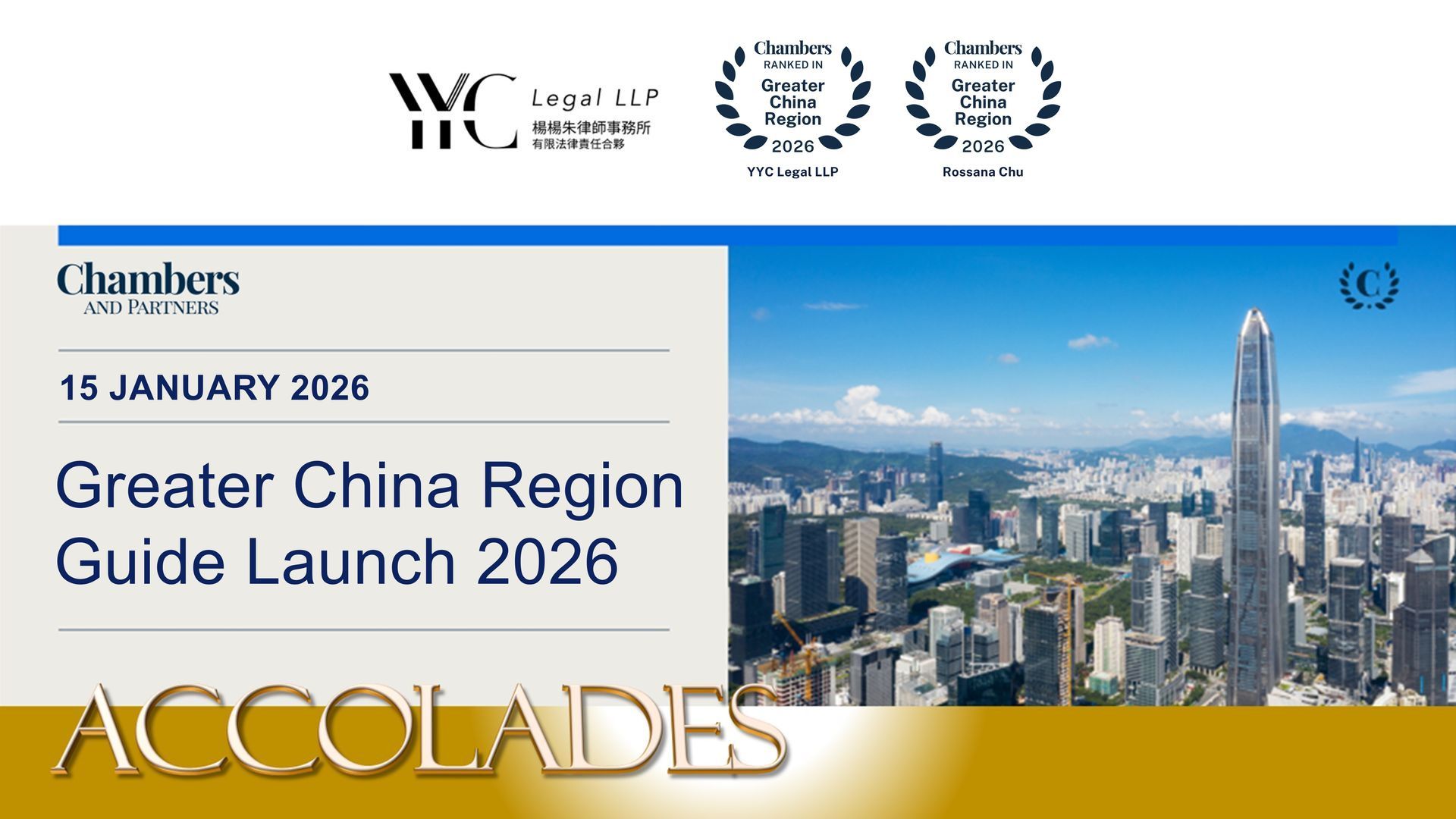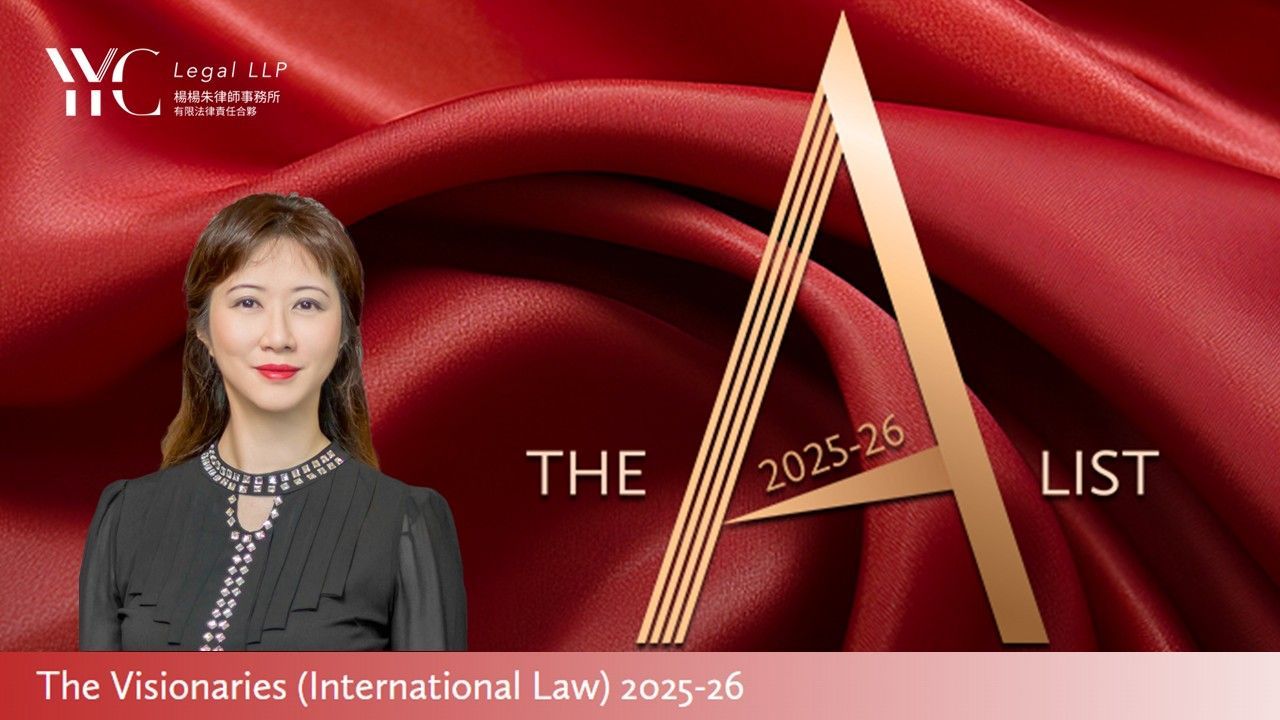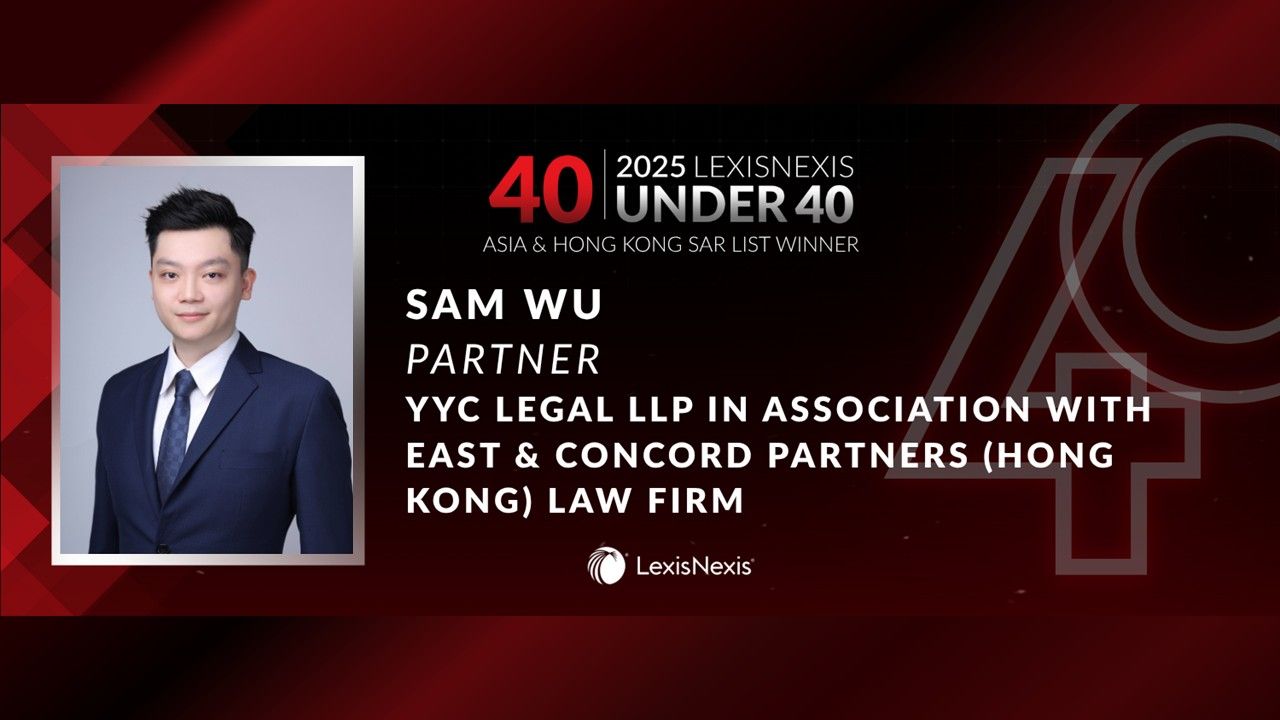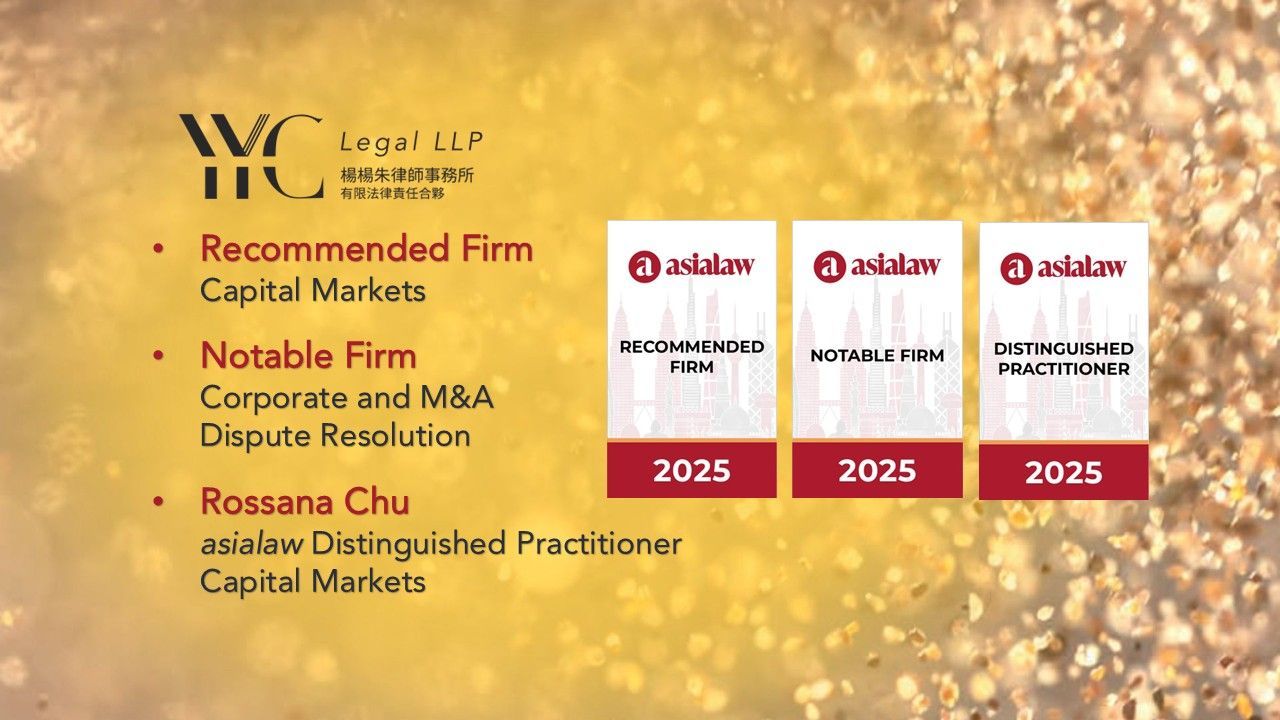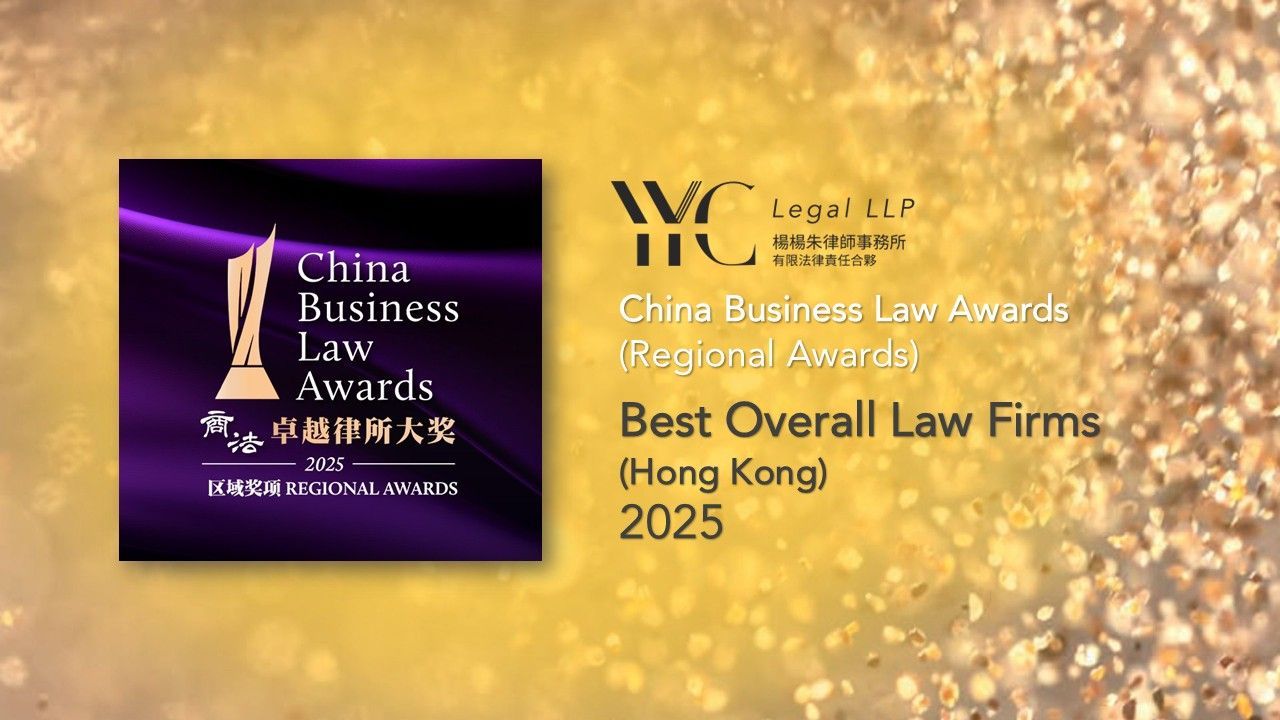A company must showcase its business operations at the time of an IPO, but even after a successful listing it is still required to maintain sufficient operations.
The Stock Exchange of Hong Kong (SEHK) issued its revised guidance, in January 2024, on the principles in assessing sufficiency of operations and gave examples of failure to comply with that requirement.
Rule 13.24 of the Main Board Listing Rules and rule 17.26 of the GEM Listing Rules require a listed company to carry out a business with a sufficient level of operations, and assets of sufficient value, to support its operations in order to warrant the continued listing of its securities. This is a qualitative test, as the rule does not set out any numerical standard of revenue, profit, assets or cashflow to prove “sufficiency”. The SEHK makes assessments based on the specific facts in each case.
